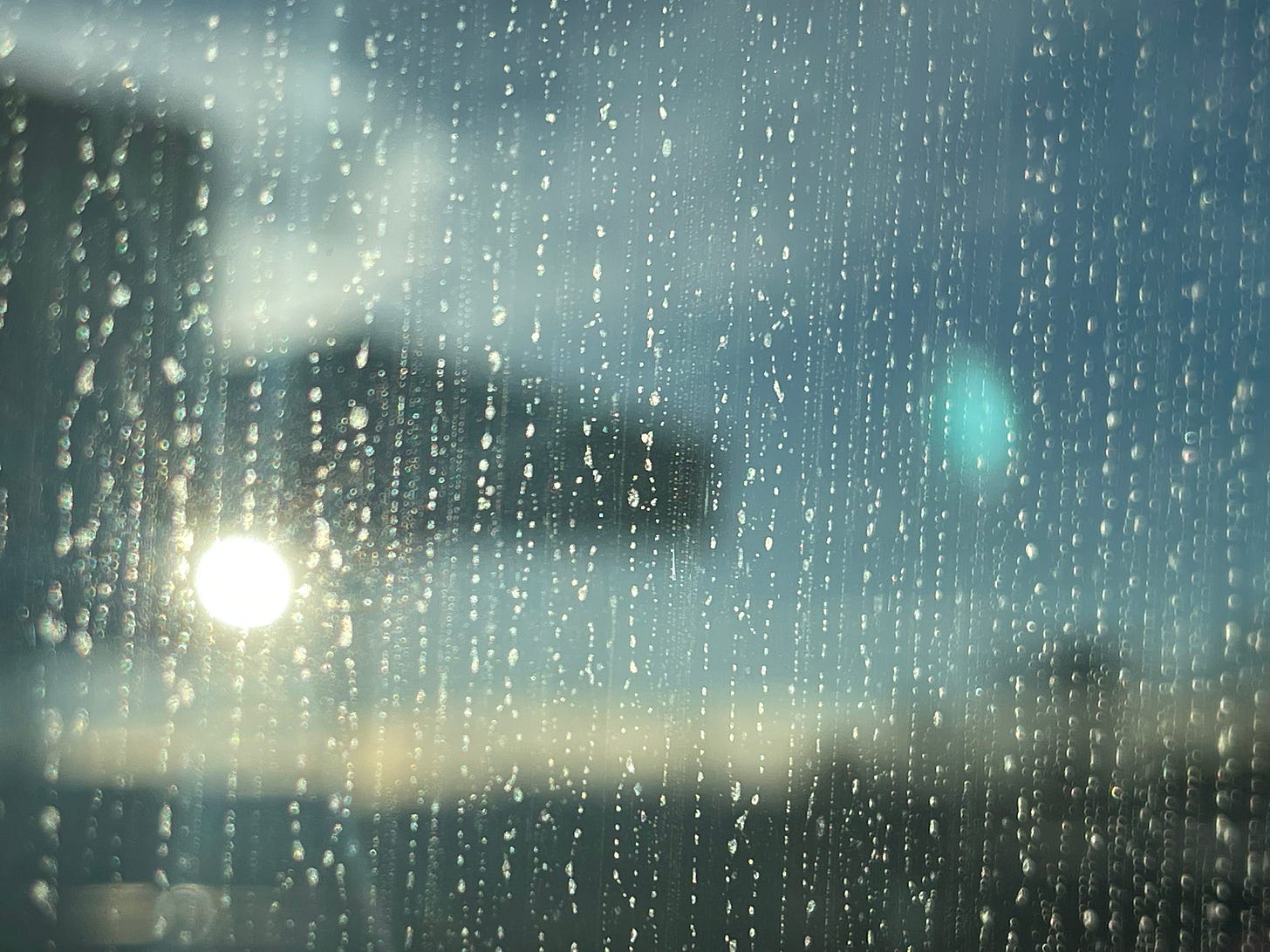Today, around mid-afternoon where I live in Colorado, the winter solstice arrives. Probably most people won’t notice, but slowly, inexorably, the northern hemisphere’s sun will begin moving back northward in the sky, the days will get longer, and the nights will get shorter. In the southern hemisphere, the opposite will begin to happen.
It’s strange that the world should work this way, isn’t it? We take seasons for granted, but there is nothing magical about the cosmos that dictates that planets must sit on just the angle where we are, so that the sun appears to move back and forth across the sky with the seasons, and light and dark are meted out in shifting proportions. If we were angled more or less toward the sun, or situated dead-on, then life would look very different, and perhaps wouldn’t even exist. So much depends on the world spinning just so.
We might be some of the first people in history for whom it’s possible not to notice or care very much about solstices. For most of human history, many or most cultures were keen observers of the skies, because they had to be. The shifts in light and warmth controlled everything from the harvests that could be gathered from plants to the migrations of animals to the suitability of campsites. The ability to predict solstices and equinoxes was a crucial technological skill that was figured out in multiple instances by humans, across space and time. Calendaring was as much about seasons as it was about days, and knowledge of the heavens was as important as knowledge of local foods and terrain.
We don’t have to care very much anymore. We tend to blame Daylight Savings Time for disrupting our lives twice a year, but in truth, all that does is change the numbers that we layer on top of what the sun is already doing. It doesn’t add to or take away from the light that we get from the sun, it simply shifts our behaviors around to fit into that light differently. No matter what numbers we assign to the light, the light we have is the light we have. Social media is filled with groaning when the “time changes,” but there is far less kvetching at the autumnal equinox when the nights begin to outlast the days.
We do mark the solstices and the equinoxes, of course, though we don’t always know that we do. It’s not accidental that many major festivals cluster around the spring and fall equinoxes and the winter and summer solstices. There is a lot of cultural power that’s still locked up in these times of the year. Christmas’s location only a few days away from the winter solstice is probably not an accident (though conspiracy theories that claim that Christianity has simply overwritten pagan cultures tend to be overblown and under-justified). Easter sits near the spring equinox (though it is a moveable holiday), and many other holidays and festivals line up with astronomical moments of change or stasis.
But there is no reason for us to pay much attention, beyond the holidays we would be celebrating anyway. It’s not like our food depends much on the seasons anymore; we can get oranges and strawberries any time of year, and apples and onions and potatoes can be stored in warehouses for months and months after harvest. We are divorced from the seasons to a degree that our ancestors would have found baffling, and for the most part this is a good thing. Seasonal hunger and starvation are less common than they once were (and probably completely avoidable, if we were to structure the world’s food supply in an equitable way). We are less beholden to the shifting seasons than ever before.
But I also wonder what we have lost. What value is there in knowing when the sap will begin to flow, when the sheep begin to migrate, when the sun’s tilt shifts, and when the birds lay their eggs? What do we know when we know, only from watching the sun, when lakes will begin to freeze over, when the rains will come, or when the days will lengthen? Is there something about those things that’s worth knowing, even when that knowledge is no longer essential to our survival? What purpose is there in being intimate with the world?
Even when our lives are climate-controlled and our food is brought in from somewhere else, I see purpose in watching the world shift, attending to the movements of the sun and the phases of the moon, and knowing all the things our ancestors knew. This afternoon the sun will stop in the sky, pausing for a moment, and then begin moving north again. Take a moment to notice it, and think about how much that moment matters.



